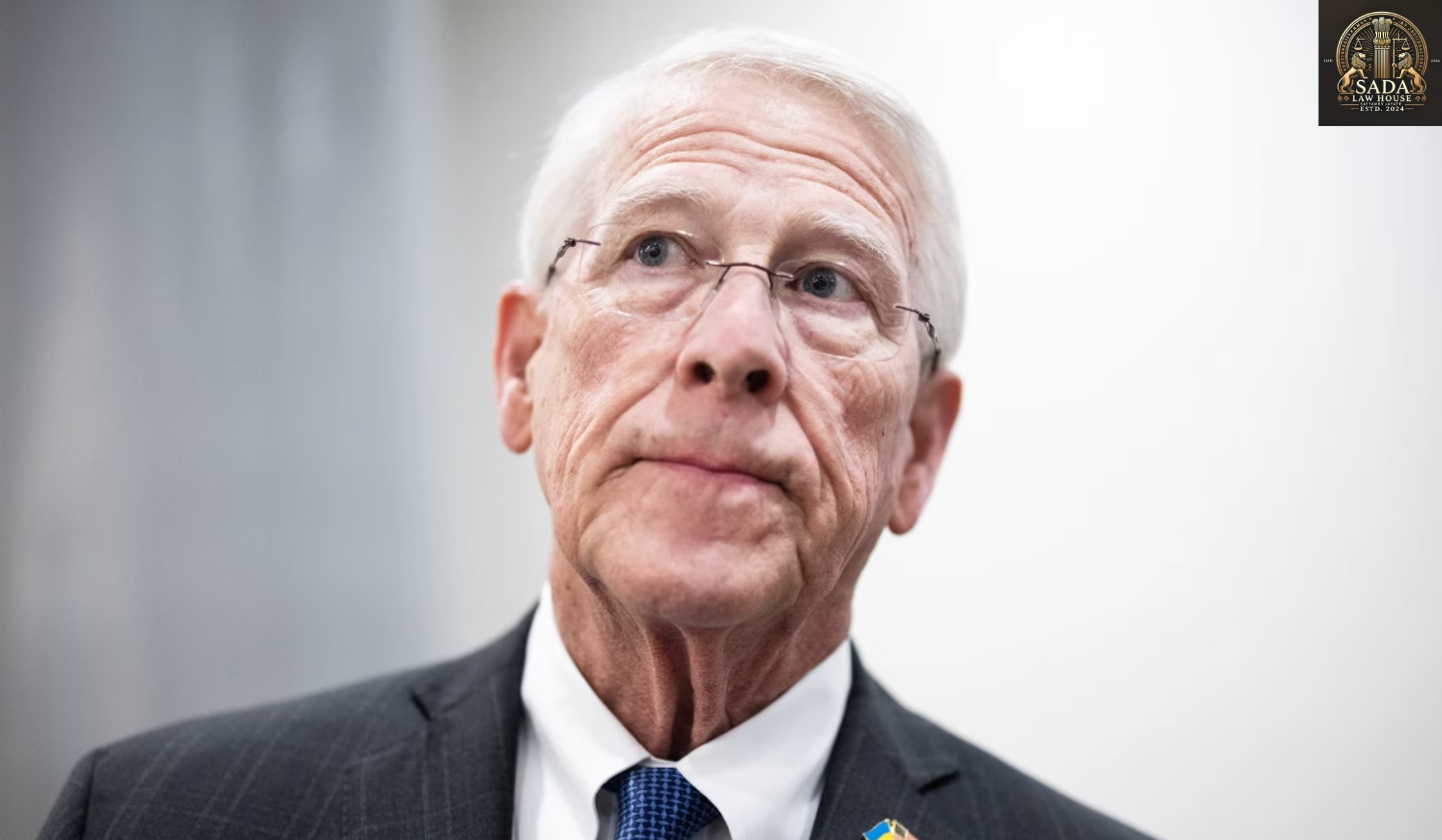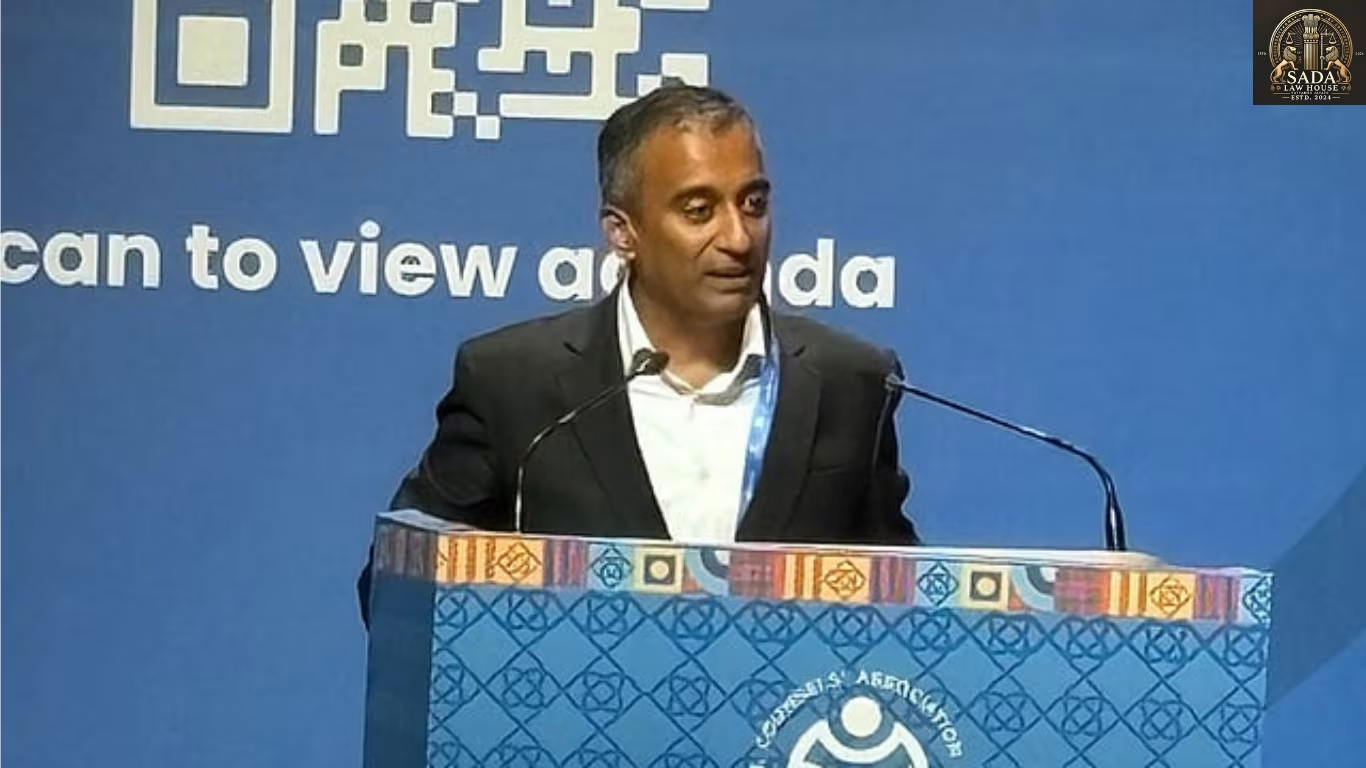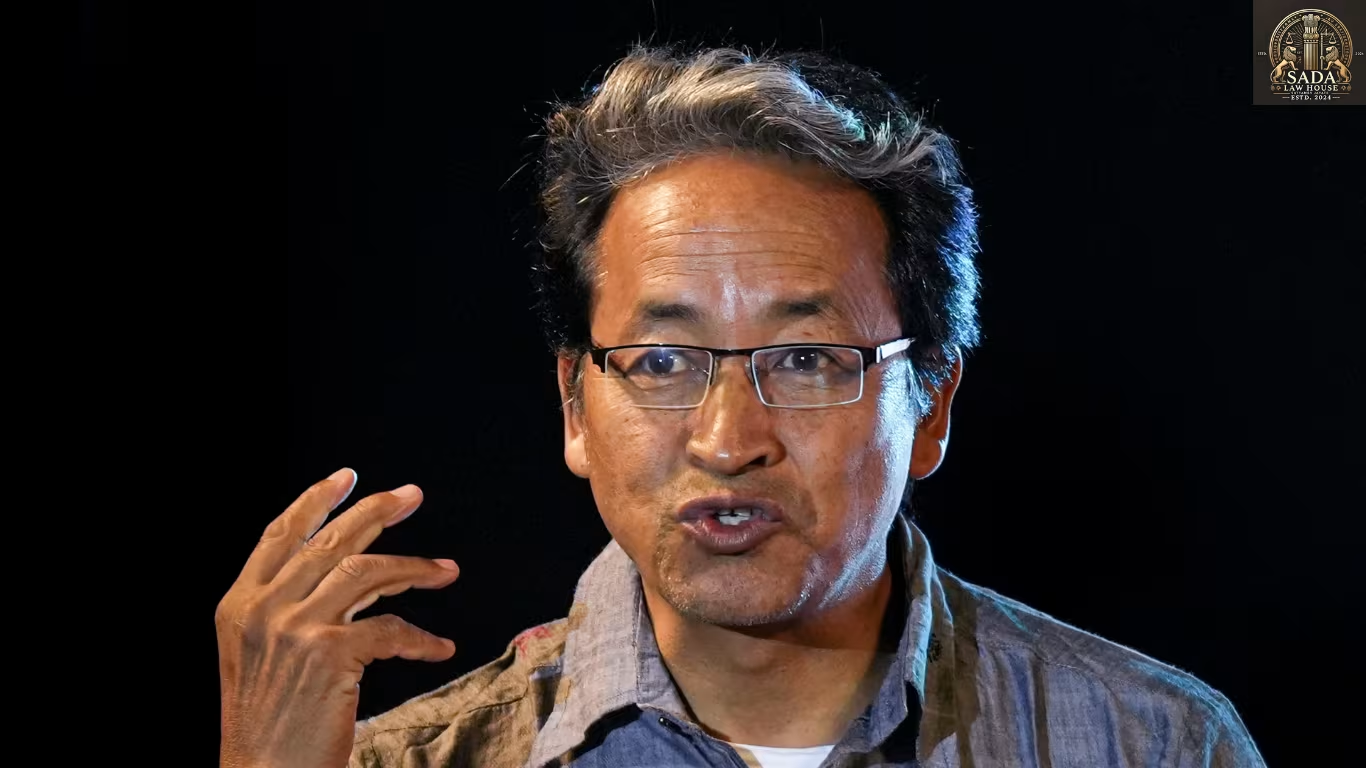Bolivia’s Opposition Leader Luis Fernando Camacho Released from Jail — A Political Turning Point
- Shristi Singh
- 30 AUG 2025

Bolivian opposition leader Luis Fernando Camacho freed after nearly three years in detention. The annulment of Jeanine Áñez’s case signals a major judicial shift, reshaping Bolivia’s political landscape ahead of upcoming elections.
Introduction
In a landmark judicial decision, Bolivian opposition leader Luis Fernando Camacho was released on 30 August 2025 after nearly three years in custody. His freedom coincided with the annulment of criminal proceedings against former interim president Jeanine Áñez, marking a turning point in Bolivia’s politics. Supporters celebrated both moves as steps toward national reconciliation after years of deep political polarization.
Background & Context
Camacho, a right-wing civic leader, played a central role in the 2019 Bolivian political crisis, which culminated in the resignation of then-president Evo Morales. His subsequent imprisonment became a symbol of the fractured divide between left-wing and conservative forces in Bolivia.
Áñez, who briefly assumed the interim presidency, faced charges over alleged abuses of power during her short rule. The coincidence of Camacho’s release with Áñez’s legal vindication suggests an intentional judicial effort to ease political tensions.
The Release and Its Implications
Judicial Decisions
Camacho was moved to house arrest, effectively ending his extended imprisonment. At the same time, Bolivia’s judiciary annulled proceedings against Áñez, dismissing one of the nation’s most contentious political trials.
Political Significance
Analysts suggest these rulings represent a strategic shift toward political appeasement, possibly aimed at reducing polarization or stabilizing conditions before Bolivia’s next election cycle.
Opposition Momentum
With his release, Camacho is poised to re-enter the political arena, likely strengthening opposition voices and shaping the debate around constitutional reforms and democracy.
Political Reactions
Opposition Parties: Celebrated the rulings, framing them as steps toward restorative justice and reconciliation.
Áñez’s Camp: Declared vindication, calling for deeper reforms to address political persecution.
Government Response: Official statements stressed judicial independence, though observers note the timing suggests political calculation.
Analysis
1. Resetting Polarization
The release of Camacho and annulment of Áñez’s charges may be a tactical olive branch in Bolivia’s polarized political environment.
2. Electoral Strategy
Authorities could be aiming to defuse tensions before a potentially volatile election season.
3. Long-Term Stability
Although the judiciary’s decisions create space for renewed dialogue, partisan mistrust remains a significant barrier to reconciliation.
Conclusion
The judicial release of Luis Fernando Camacho and dismissal of charges against Jeanine Áñez mark a defining moment in Bolivia’s political story. Whether this move fosters genuine reconciliation or sparks new political clashes depends on the actions of both government and opposition leaders in the months ahead.






